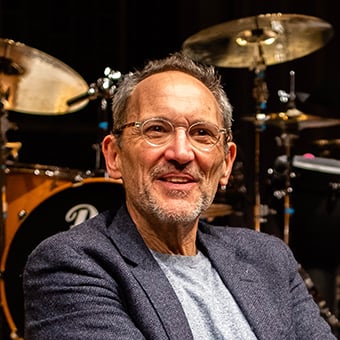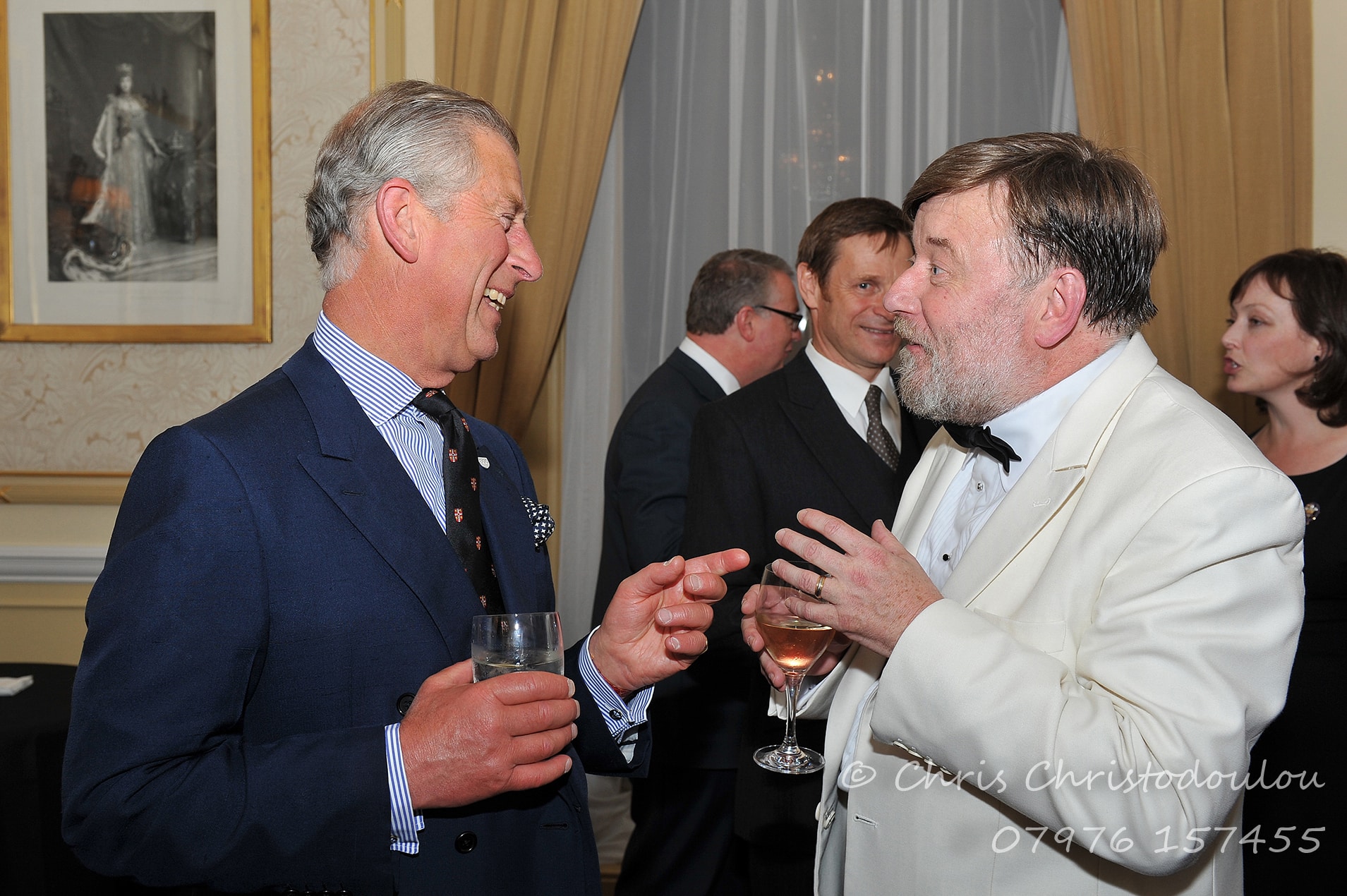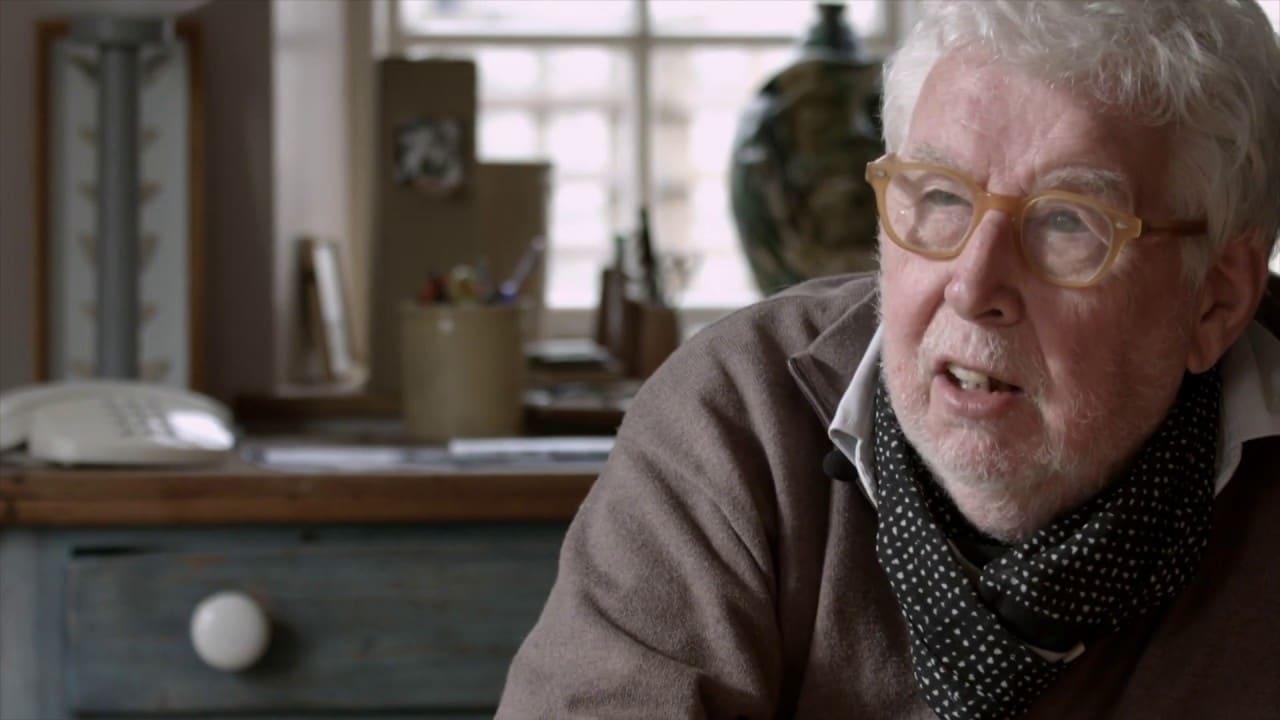Overcoming the biggest composer’s block of all time
NewsBack in the day, around the turn of the century, the US-Argentine composer Osvaldo Golijov was the hottest thing around, with major orchestras competing for his next work.
Then, around 2011, Golijov hit the biggest composer’s block of all time. Deadlines came and deadlines went and Golijov never delivered. Orchestras asked for their commission money back. The Met cancelled an opera. Silence ensued.
Now, it appears, Golijov has broken his hex for an upcoming Carnegie Hall premiere.
See below.

Experience the New York premiere of a deeply moving new work by Osvaldo Golijov. Based on the eponymous book by Israeli author David Grossman, Falling Out of Time is a gripping song cycle that explores parents’ sorrow as they mourn the loss of a child. Golijov’s eclectic music draws on Delta blues and Central Asian ballads to tell a tale of grief and a journey to acceptance. Commissioned by and featuring members of the wide-ranging Silkroad Ensemble, its evocative scoring weaves a tapestry of sound with voices, Persian kamancheh, Chinese pipa and sheng, trumpet, guitar, electronics, string quintet, and percussion.
UPDATE: We understand this piece was written 20 years ago. The block continues.






How do they know it is a ‘deeply moving work’? Mostly that is a conclusion after it has been premiered. Even rehearsels are not quite the result.
Maybe the ‘writers block’ was the result of his success: expectations producing a hughe pressure, and anxiety of ‘failure’ – i.e. people don’t like what you have written – with all the worries of waning interest, decreasing performance opportunities, commissions drying up – it may then seem better to put a stop on it yourself instead of becoming a victim.
I don’t want to mention names, but I know of well-known British composer [redacted] that he regularly got crazy with worry because of deadlines and expectations, fuelling all his insecurities, so that he did not dare to say ‘no’ to a commission of fear of loosing ties and this merely accumulated deadlines.
Being free is a condition for the muse to announce herself, she does not like artists who have no space for her.
The world premiere of the work was two seasons ago. It is available on CD.
Many artists–if not most–would dispute the idea of waiting for “the muse to announce herself.” As Chuck Close put it: “Inspiration is for amateurs. The rest of us just show up and get to work. If you wait around for the clouds to part and a bolt of lightening to strike you in the brain, you are not going to make an awful lot of work. All the best ideas come out of the process; they come out of the work itself.”
Yes, but only work without some inspiration is mere ‘mandarin work’ as Debussy expressed it, like factory productions.
There has not been a single great artist who did not work his tail off also with his best ideas.
[All the best ideas come out of the process; they come out of the work itself.]
La musa viene lavorando.
It’s both: composers have ideas, set to work, and there will come more ideas. It’s related on a deep level. Mr B said of his own working process that he simply went on long walks among greenery, in the close environments of Vienna, and picked-up thematic ideas ‘from the air’ and noted them down. At home he would work hard and long to develop them, often with a couple of different works at the same time. We hardly know about all the preparatory work and sketches of other composers, who are careful to destroy their handiwork and leave only the polished product to the world.
John, I so rarely agree with you, but do in this instance–the success he had, and the expectations that followed, must have been overwhelming. So grateful to see him re-emerging.
I don’t like at all what he writes, it’s much too eclectic and ‘easy-going’ and ‘quasi-hip’ with all the ‘world music sauce’ but he is definitely very gifted so I wish him all the success he obviously deserves.
Fantastic news! Tremendously gifted composer and one of the most beautiful souls in our universe.
Well, eh….
Sibelius?
Gary Freer beat me to it with “Sibelius.” Although the rumors exist of a completed 8th Symphony. Another name: Dukas. But he destroyed so much that it is hard to evaluate his productivity.
Duparc?
There are composers who are born with a writers’ block, and suffer from it all of their life. But we never hear about them.
Look@Rachmaninoff. Maybe a shrink would help?
Writer’s block is the cure for writer’s cramp.
That’s a good one.
And we often forget that MOST people suffer from all kinds of blocks: writers’ block, painter’s block, scientists’ block, philosophers’ block, pharmacists’ block, surgeons’ block etc. etc. – in short: all the things they never do.
Falling out of Time was written three or four years ago, not twenty. (where are you getting this information from?)
FYI : The eponymous novel by David Grossman the work is based on was published in 2011…
[FYI : The eponymous novel by David Grossman the work is based on was published in 2011…]
I was just going to say. A wonderful and moving work of art, one of my favorite novels.